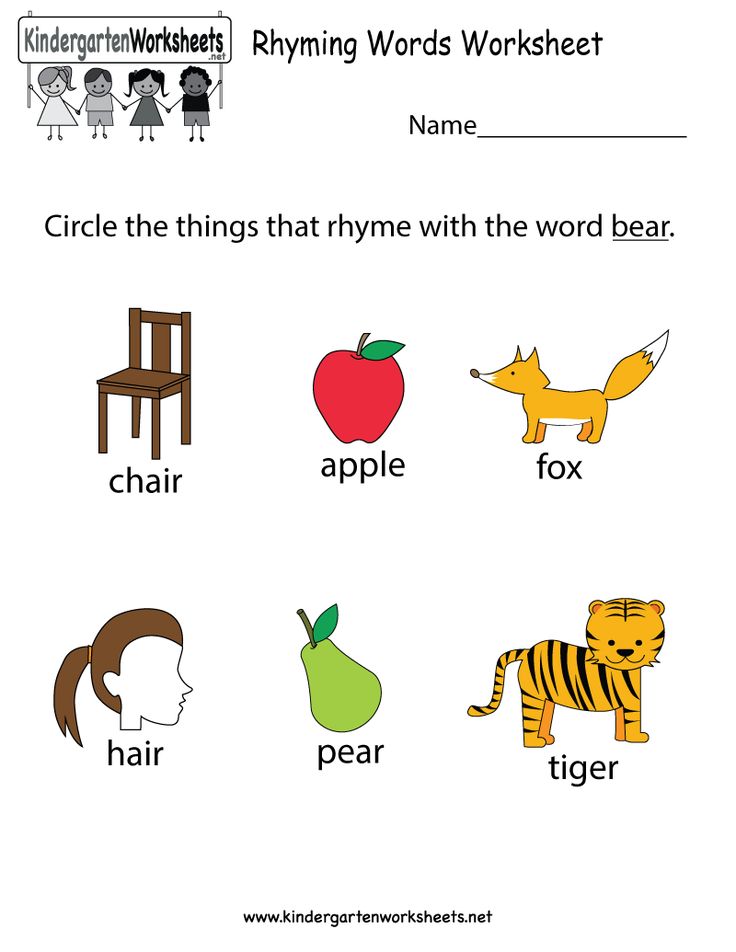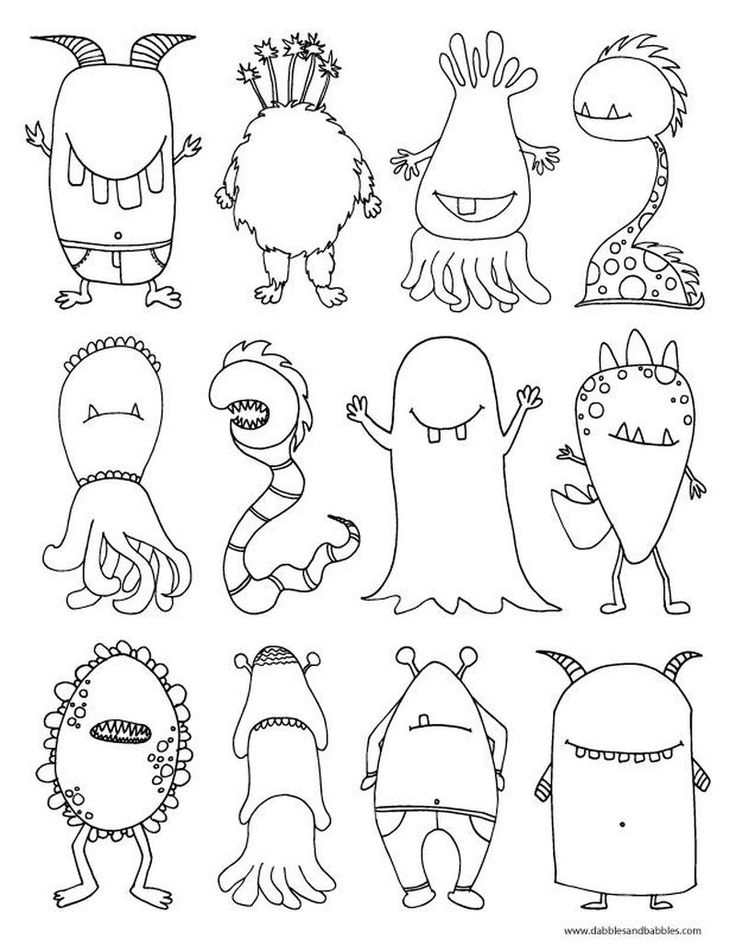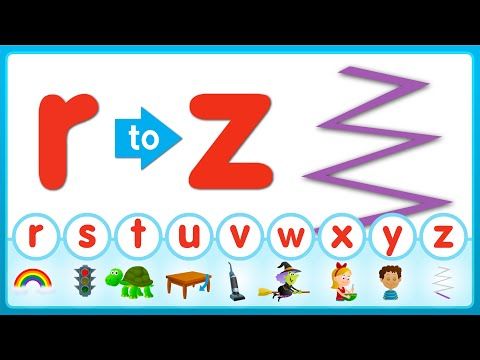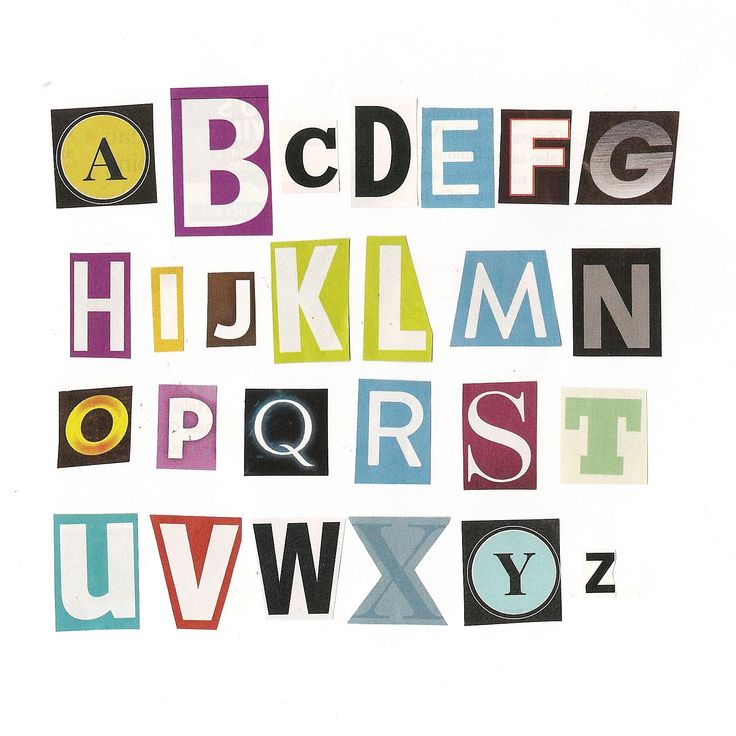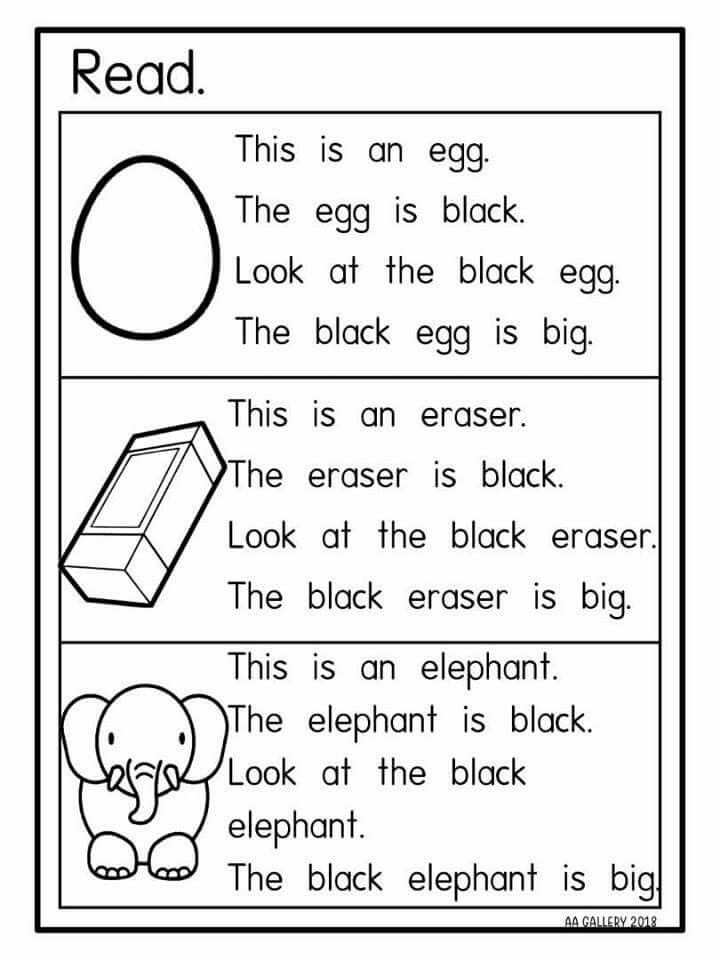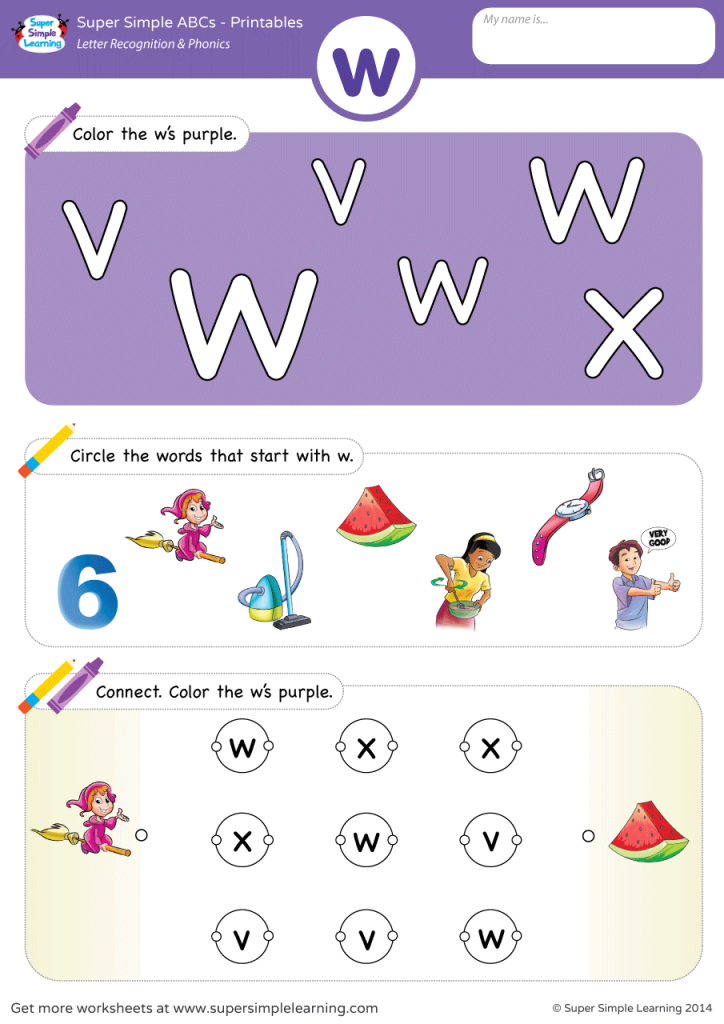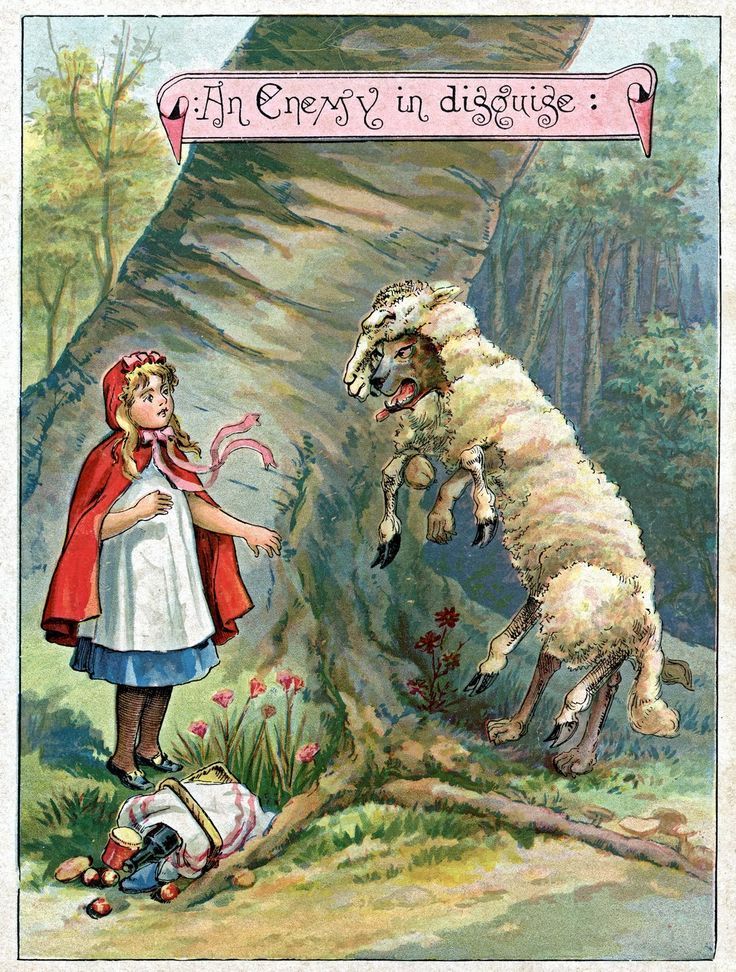Words that rhyme with learned
230 best rhymes for 'learned'
1 syllable
- Turned
- Burned
- Earned
- Burnt
- Current
- Learnt
- Served
- Weren't
- Curved
- Worst
- Cursed
- Thirst
- First
- Burst
- World
- Yearned
- Churned
- Spurned
- Worked
- Swerved
- Termed
- Curled
- Hurled
- Swirled
- Searched
- Twirled
- Hurst
- Versed
- Nursed
- Purged
- Merged
- Whirled
- Urged
- Dirt
- Shirt
- Hurt
- Pursed
- Durst
- Surged
- Merced
- Curbed
- Splurged
- Scourged
- Jerked
- Perched
- Lurked
- Perked
- Irked
- Lurched
- Merkt
- Work
- Heard
- Word
- Third
- Nerd
- Bird
- Curb
- Jerk
- Skirt
- Flirt
- Herb
- Blurred
- Surfed
- Murk
- Squirt
- Slurp
- Chirp
- Kurt
- Burp
- Earp
- Lurk
- Blurt
- Spurt
- Verb
- Smirk
- Slurred
- Bert
- Turret
- Vert
2 syllables
- Concerned
- Returned
- Deserved
- Adjourned
- Unturned
- Governed
- Patterned
- Ironed
- Discerned
- Unearned
- Sunburned
- Unburned
- Reserved
- Observed
- Confirmed
- Preserved
- Unnerved
- Disturbed
- Conserved
- Affirmed
- Reversed
- Rehearsed
- Unearthed
- Immersed
- Emerged
- Excerpt
- Usurped
- Dispersed
- Submerged
- Headfirst
- Unfurled
- Effort
- Desert
- Coerced
- Diverged
- Perturbed
- Conversed
- Outburst
- Submersed
- Traversed
- Comfort
- Transworld
- Dreamworld
- Converged
- Bratwurst
- Emersed
- Accursed
- Bathurst
- Researched
- Reworked
- Networked
- Fired
- Bastard
- Tired
- Record
- Murdered
- Forward
- Covered
- Shattered
- Absurd
- Figured
- Coward
- Awkward
- Mastered
- Wired
- Entered
- Alert
- Severed
- Bothered
- Wizard
- Concert
- Insert
- Expert
- Robert
- Slaughtered
- Homework
- Scattered
- Suffered
- Wondered
- Battered
- Standard
- Convert
- Usurp
- Offered
- Conquered
- Colored
- Answered
- Albert
- Unheard
- Captured
- Tortured
- Pervert
- Sweatshirt
- Berserk
- Hired
- Splattered
- Mustard
- Ordered
- Exert
- Blizzard
- Revert
- Smothered
- Stewart
- Richard
- Plastered
- Assert
- Whispered
- Divert
- Measured
- Avert
- Covert
- Yogurt
- Invert
- Stuart
- Powered
- Inert
- Gilbert
- Disturb
- Ebert
- Overt
- Rupert
- Subvert
- Advert
- Sherbert
- Unhurt
3 syllables
- Unconcerned
- Overturned
- Undeserved
- Unconfirmed
- Reaffirmed
- Underserved
- Underworld
- Unrehearsed
- Undisturbed
- Reimbursed
- Disneyworld
- Netherworld
- Interspersed
- Waterworld
- Overworked
- Considered
- Inspired
- Remembered
- Discovered
- Delivered
- Required
- Introvert
- Discomfort
- Devoured
- Reassert
- Miniskirt
Want to find rhymes for another word? Try our amazing rhyming dictionary.
If you write lyrics you should definitely check out RapPad. It has tons of useful features for songwriters, lyricists, and rappers.
burned, churned, earned, spurned, tur...
Pure Rhymes – 17 rhymes
Words that have identical vowel-based rhyme sounds in the tonic syllable. Moreover, that tonic syllable must start with a different consonantal sound.
burned
churned
earned
spurned
turned
yearned
adjourned
concerned
discerned
returned
unburned
unearned
unturned
unconcerned
- get one's fingers burned
- a penny saved is a penny earned
- leave no stone unturned
End Rhymes – 6 rhymes
Words that have a pure rhyme on their last syllable only.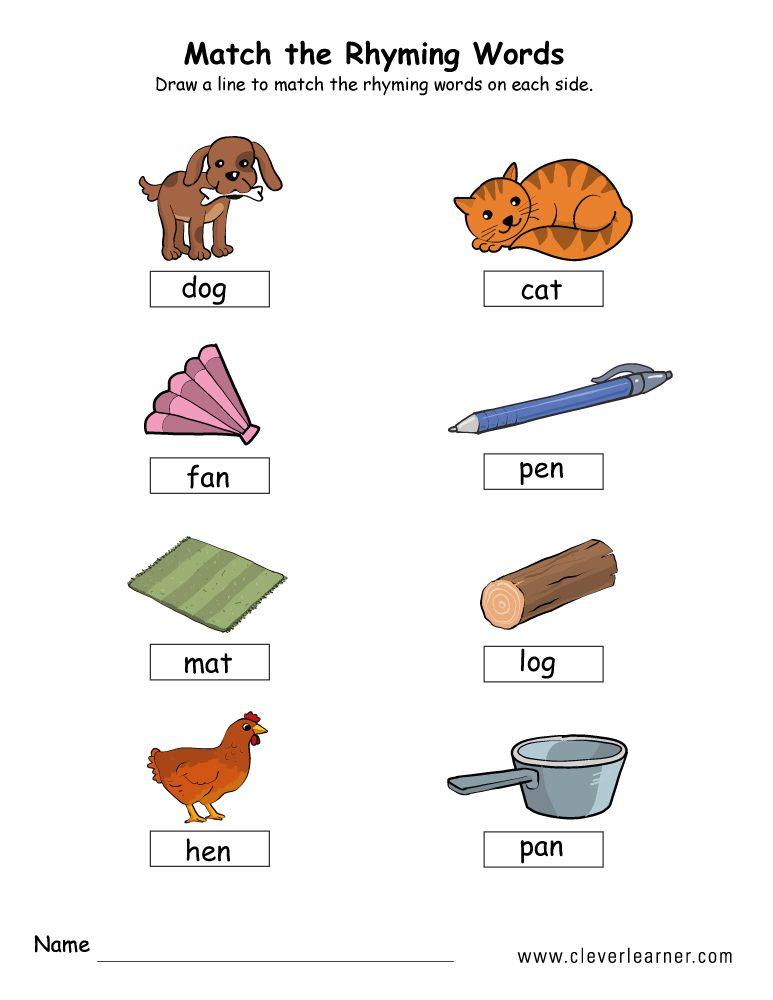
ironed
patterned
governed
sunburned
interned
overturned
Near Rhymes – 863 rhymes
Words that "almost" rhyme on the vowel-based rhyme sound of the stressed syllable like: be/eat or maybe/shapely.
burn
churn
dern
durn
earn
erne
fern
kern
kirn
learn
spurn
stern
turn
urn
yearn
adjourn
concern
discern
return
sauterne
upturn
unconcern
Ahearn
Ahern
Bern
Berne
Burne
Byrne
CERN
Hearn
Hearne
Hern
Herne
Kearn
Laverne
McGurn
Stearn
Stearne
Sterne
Vern
Verne
Zurn
- ears burn
- have money to burn
- make one's ears burn
- money to burn
- slow burn
- live and learn
- in return
- stem to stern
- at every turn
- call the turn
- do one a good turn
- done to a turn
- in turn
- know which way to turn
- out of turn
- speak out of turn
- take a new turn
- take a turn
- talk out of turn
- tide turn
- to a turn
- u turn
- worm may turn
birr
blur
bur
burr
cur
der
err
eure
fer
fir
fleur
fur
furr
her
mer
myrrh
per
pere
pur
purr
shirr
sir
slur
spur
stir
sur
swor
ter
ur
we're
were
whir
ture
chauffeur
concur
confer
defer
demur
deter
incur
infer
inter
liqueur
monsieur
occur
prefer
recur
refer
shor
transfer
astir
masseur
connoisseur
reoccur
restaurateur
saboteur
entrepreneur
Dufur
Duhr
Durr
Gurr
Ker
Kerr
Lafleur
Murr
Ramseur
Schnur
Schnurr
Sher
Shir
Thur
- make a stir
- as it were
burnt
current
learnt
weren't
Bernt
"Go Pro" to see the next 40 near rhyme sets.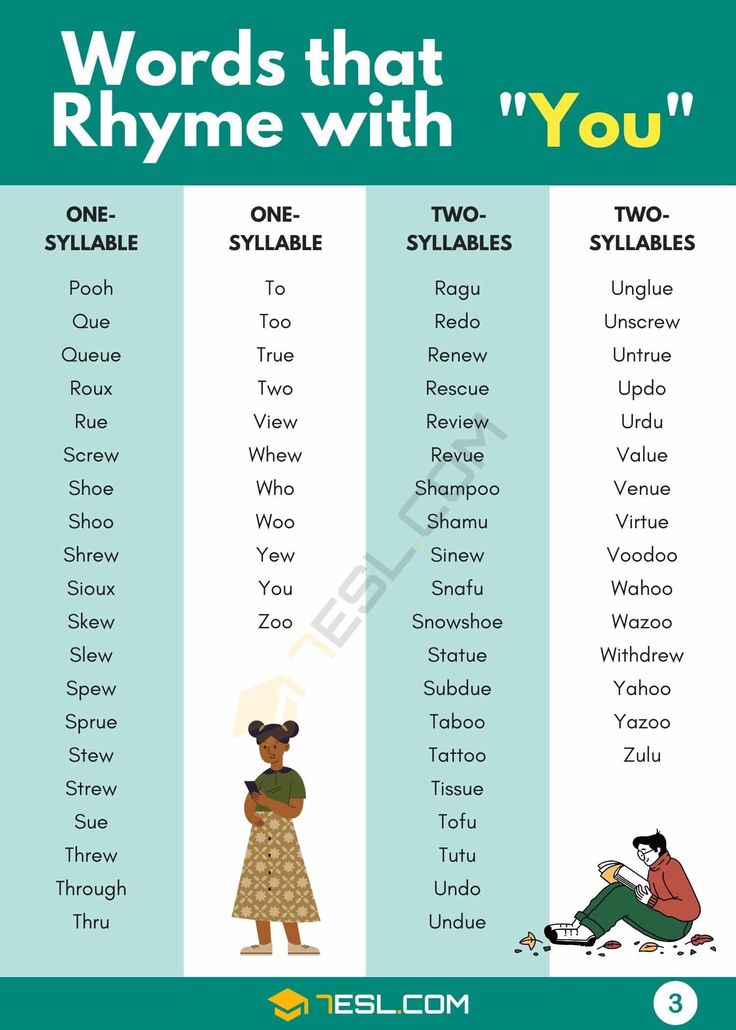
Click here to "Go Pro"
Mosaic Rhymes
Rhymes made up of more than one word. For instance, "jealous" and "tell us" or "shaky" and "make me."
One-syllable words do not have mosaic rhymes.
Let's talk about poetry | Magazine world
At first glance, it may seem that talking about poetry is unnecessary [1], since readers are mainly interested in prose. However, this is not true. Among our personal acquaintances, we literally did not meet a single person who, at one time or another in his life, would not be fond of poetry and would not compose poetry. True, as readers, they also more often prefer prose, but when it occurs to one of them to compose something himself, then everyone will certainly strive to write in verse. Many of them were fond of writing poetry in childhood and in the so-called adolescence. One very good friend of ours admitted that she wrote poetry when she was a very little girl. In this respect, she was an absolutely exceptional child. This child did not like to play in the yard with her friends, did not make cakes out of sand, did not dress up dolls. The highest pleasure for him was, having come from school and done his homework, to start writing poems, with which he filled notebooks in abundance. Over time, this passion passed, notebooks with poems were lost, and only two lines of poems composed at the age of eight remained in my memory:
This child did not like to play in the yard with her friends, did not make cakes out of sand, did not dress up dolls. The highest pleasure for him was, having come from school and done his homework, to start writing poems, with which he filled notebooks in abundance. Over time, this passion passed, notebooks with poems were lost, and only two lines of poems composed at the age of eight remained in my memory:
In the shadow of the pagoda Hindu
I was looking at the blue bus.
And this is not bad at all, if, of course, we take into account the infant age of the writer.
Many begin to write poetry in their youth, when they experience the first feeling of love. One of our friends said that he always felt an irresistible craving for writing poetry as soon as he fell in love, but every time the love came to an end, the desire to write poetry disappeared by itself.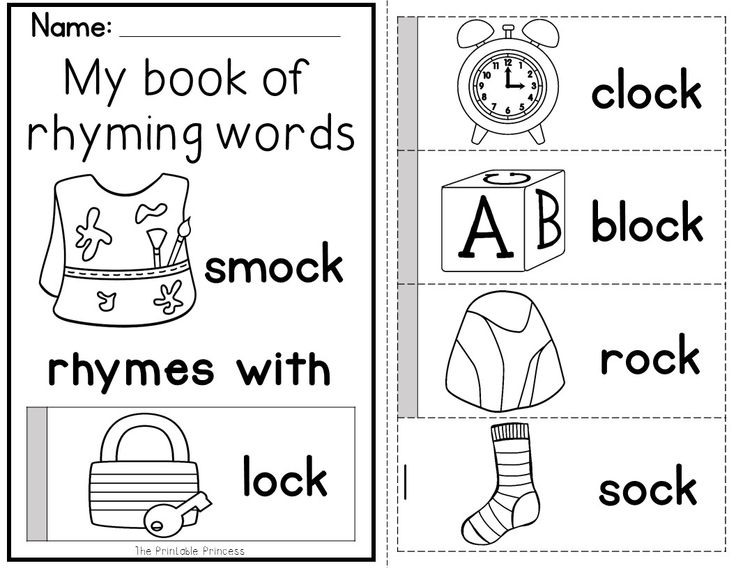
He quite seriously claimed that he could become a famous poet if he had the ability to stay in a state of acute love for at least six months.
Sometimes the desire to write poetry comes in more mature years and in this case it is very obsessive. A person does not know what to write about, but still writes and writes, as if he is driven by some force outside him. Another friend told us in confidence that he writes poetry, but he himself understands that this is an empty occupation, since his poems, in his own words, are not in tune with the era. The fact is that, due to some strange predisposition of character, he can only write about the dead, ghosts, cemeteries and dug graves. Only such a sad theme is able to set it up in a poetic way, and no other.
One of our personal acquaintances, a magazine editor, assured us that the editorial office where he works receives four bags of poems from different authors every day.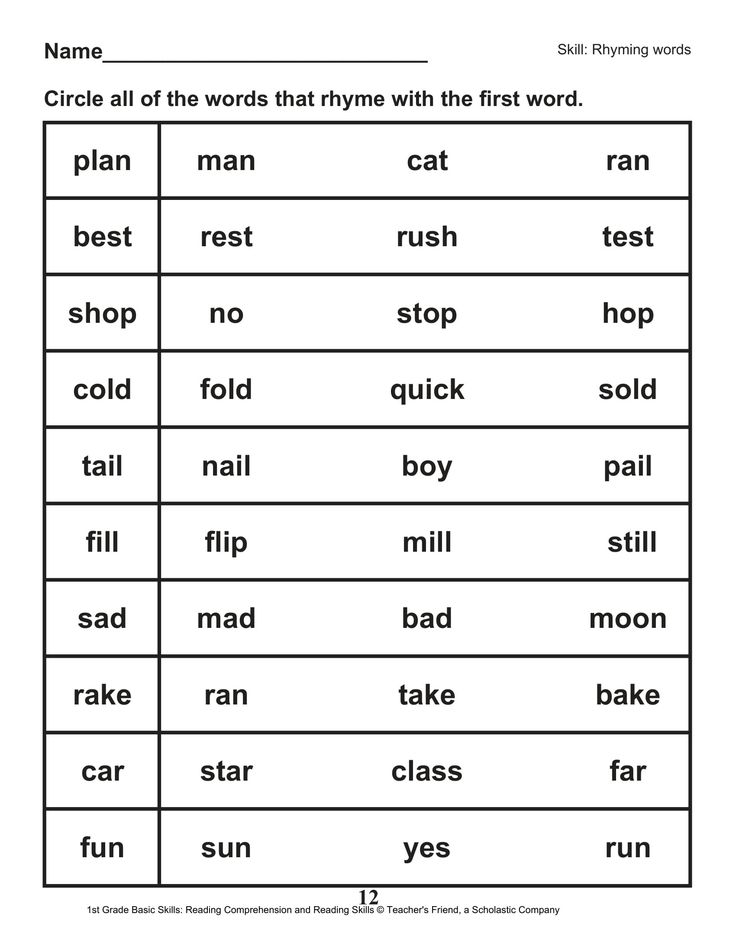 To read these verses, a whole staff of literary employees is kept in the editorial office. Multiplying the number of poems received daily by the number of days in a year and by the number of magazine editions, this editor of ours came to the conclusion that poetry is written by everyone without exception, even newborn babies.
To read these verses, a whole staff of literary employees is kept in the editorial office. Multiplying the number of poems received daily by the number of days in a year and by the number of magazine editions, this editor of ours came to the conclusion that poetry is written by everyone without exception, even newborn babies.
Given such a huge craving for writing poetry, we decided to go, as they say, towards the consumer and present here some of the secrets of poetic skill. Having no poetic experience behind us, we decided, however, to approach the matter quite scientifically and to get acquainted with the latest achievements in the field of poetic production. For this purpose, we went to a bookstore, but there they could not offer us anything new in terms of poetry, since everything was new, but they offered a large selection of several stale novelties that were not sold out in a timely manner. Among these novelties were mainly small lyrical volumes that had lain on the shelf for a month, and two, and three, and even four, and five, and half a year, and a year, and two, and three, and five, and almost ten years. . Most of these volumes have experienced several price cuts, as evidenced by the many new price stamps on the back of the covers...
. Most of these volumes have experienced several price cuts, as evidenced by the many new price stamps on the back of the covers...
Intrigued by this phenomenon, we got into a conversation with the seller, a handsome, still rather young man, although quite serious and loving his job. He told us with chagrin and resentment that he was mortally tired of talking about the booksellers being to blame for everything, who are not tired of being accused of sluggishness by poets, whose poems remain unsold for a long time. In fact, in his opinion, it is not the sellers who are to blame, but the buyers, who have not yet been able to develop a taste for any kind of poetry in general, but love some poets more, others for some reason less, others for some unknown reason. cause they don't like it at all. It is this fact that creates difficulties in the book trade and causes criticism of the innocent employees of the counter.
Having sympathized with this handsome young man and having bought for nothing everything that has been written in this field over the past ten years and for one reason or another remained unsold, we returned home and began to read diligently.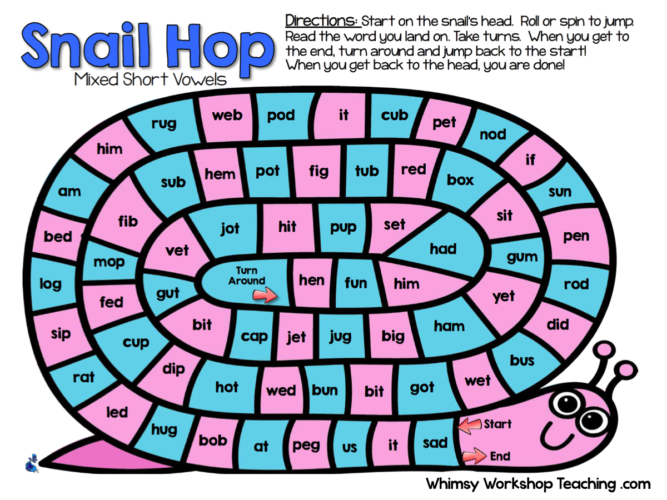
We read until our eyes began to sparkle, and then gradually the figure of the poet, the author of these verses, began to emerge before us. We saw that the poets are very nice, nice guys, friendly guys, very good-natured and spontaneous people. They write about what happens to them, without any tricks and ulterior motives. They are terribly fond of devoting readers to various details of their lives. For example, a poet will fall in love and immediately hurries to inform readers:
I have a girl, brothers, in mind,
I've never seen better!
The poet will make an appointment, and the girl will be late or not come at all - the poet is in a hurry to share his grief with the reader:
Again she didn’t come. I can't do it.
Soon there will be nothing to breathe.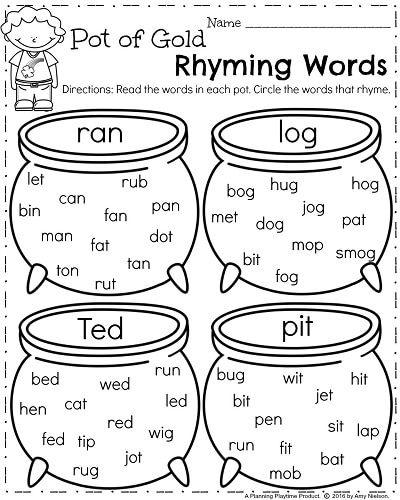
Haven't I been waiting, stuck in the window
Between two jambs all evening.
The poet says nothing about the strange state of the atmosphere, in which, in his opinion, there will soon be nothing to breathe, since his task was to express his love yearning, and not to describe various natural phenomena. But the poet is tired of his beloved girl. The poet fell out of love and writes with no less enthusiasm:
I don't want to meet you,
It is easier to pump water all your life,
Crush stone on the road.
Since in this case the poem is purely lyrical, and not at all about the joy of work, the poet depicts crushing a stone on the road as the worst thing that could happen to him in life. However, be that as it may, the poet nevertheless decided to get married and joyfully reports:0003
The taxi has arrived.
Then details of a different kind begin to emerge:
I will fulfill requests as if they were orders.
We are main
and yet -
not two:
issued in the waist, reserves
on your favorite dress ...
and suddenly unexpected news:
2222
Such things stuck together,
Things, I say, glorious!
My wife gave birth to a son,
And this is the main thing in the house.
If a daughter is born instead of a son, this is reported in a more lyrical plan:
Born Irinushka on the Volga,
The sun rose above water,
from the maternity hospital at a half -carbone
They brought Irinushka home.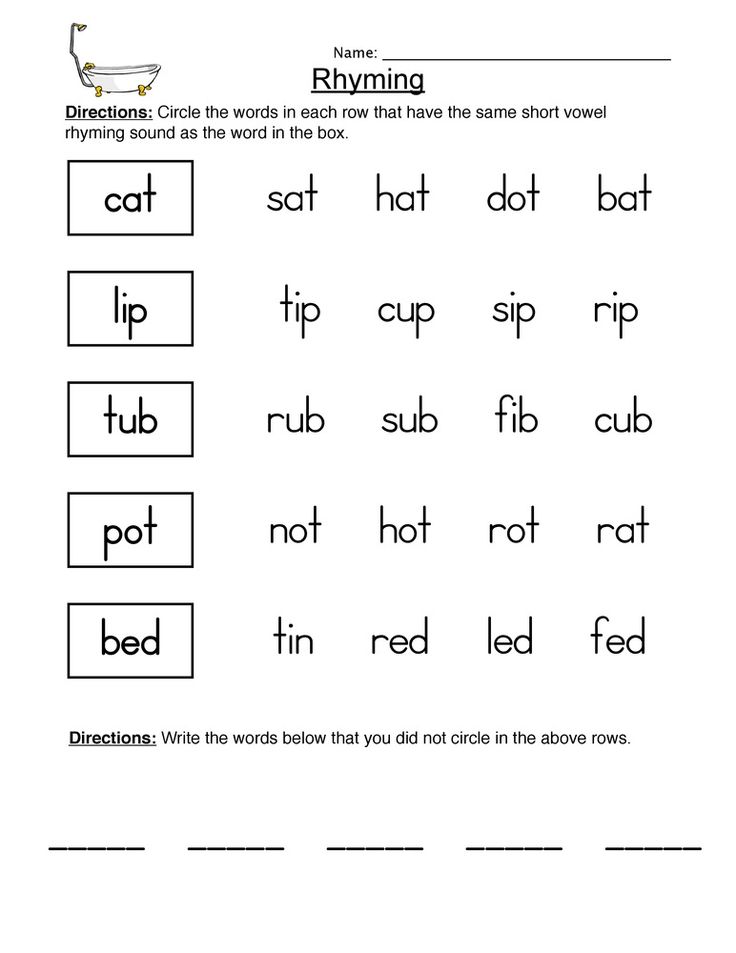
Then the son or daughter grows up. Noise. They prevent dad from writing poetry. They go to study. The son, of course, brings deuces. Dad is called to school. Then the son becomes a young man, falls in love, marries, and the father begins to divorce his mother, and regular information appears in verse about all this.
It is not necessary, however, to think that poets only write about love and about their family affairs. They can do everything. The poet will write about whatever he sees. If he sees stars in the sky, he will write about the stars; if he sees the moon, he will write about the moon. He will notice a gray hair on his head and immediately - it's ready! - already writes about gray hair and near old age. If he stays alone with a flatmate, he will immediately take on a neighbor. In general, everything goes to work with him: black earth, and spring, and fir cones, and the postwoman, and the nanny from the maternity hospital, and the snowplow, and the electric train, and cosmic rays. In this sense, the poet is an extraordinary being. He cannot even walk down the street, where he sees either a hairdresser's, or a pub, or a tailor's shop, or a photo studio or a grocery store. A simple person walks calmly, and the poet is only looking for which side to cling to these objects in order to get poetry[2].
In this sense, the poet is an extraordinary being. He cannot even walk down the street, where he sees either a hairdresser's, or a pub, or a tailor's shop, or a photo studio or a grocery store. A simple person walks calmly, and the poet is only looking for which side to cling to these objects in order to get poetry[2].
The entire reserve of life observations, the entire breadth of interests and depth of the poet’s thoughts are imprinted in his poems, as on photographic film, of course, to the extent that he has all this, which the reader usually discovers when reading poetry (this does not help you won't leave if you want to be a poet).
The difficulty of enumerating poetic themes has led us to the need to divide poems into groups according to some common features. Nevertheless, for a long time we could not find a principle according to which poetry could be classified. The case helped in this case. Once we got to a conference where the poet met with readers.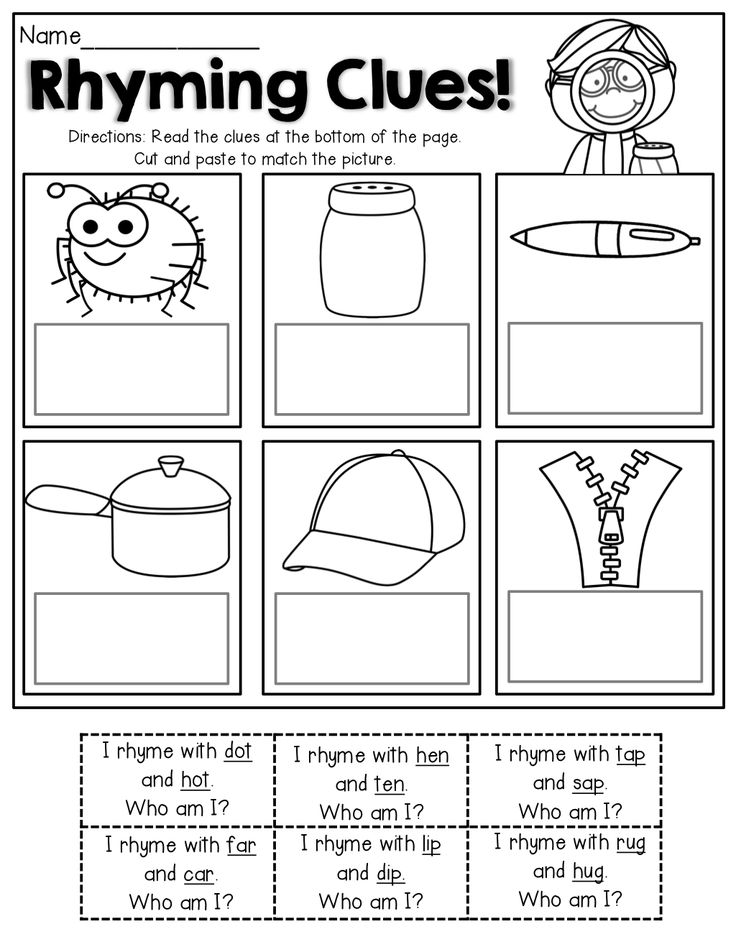 First, the readers spoke, and then the poet himself took the floor and said:0003
First, the readers spoke, and then the poet himself took the floor and said:0003
— And now, comrades, I will read you my last virgin verses.
As soon as he said this, it became clear to us: of course, in the language of poets, virgin verses are called poems written about virgin lands, just as poems about Moscow will be called Moscow, about Italy - Italian, about the harvesting campaign - harvesting, about corn - corn, etc. This classification is very simple, and everyone can divide the verses into groups that they like.
Having done with the question of what poets write, we turn to the question of how they write. In other words, we move from content to form. Speaking of form, it is necessary first of all to take into account that poets are a very impulsive and ardent people. They are all very keenly worried and love to grab everything, as they say, over the edge. Here, for example, is a bold thought expressed by one poet:0003
You look at the sky - thousands of midnight stars.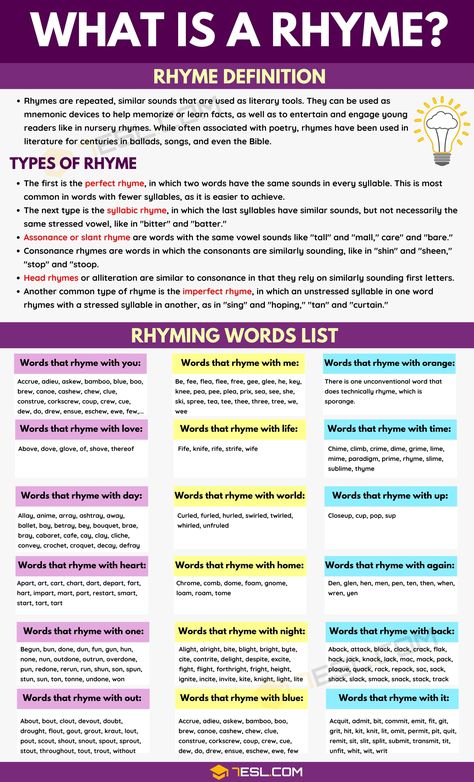
What is youth in a brilliant height?
But more violent than the need for food,
There was a need for beauty for us.
If a poet had been left without food for a day, he would immediately know which is more violent - the need for food or the need for beauty. From the above verses, we can conclude that the poets we study do not write poetry on an empty stomach, of course, but on a full stomach their fantasy works much more furiously than it should.
Another poet writes:
The poem began in the chest,
Threatening to tear the chest.
Now it is - whatever one may say -
It is impossible not to write.
Of course, no one will take such a statement seriously and will not believe that the poet's chest could burst under the pressure of rhymes bursting from within.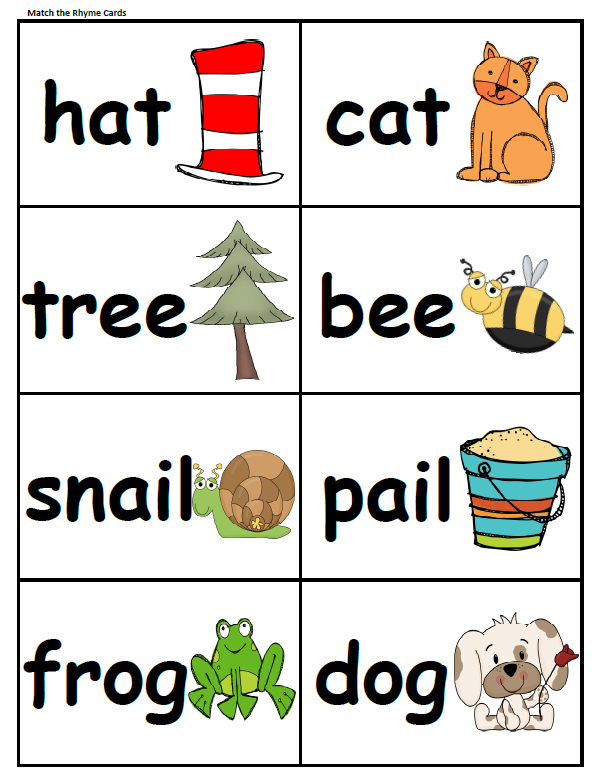 This is nothing but the most ordinary poetic fantasy, which, however, brings some poets to an extremely painful state. Having fantasized beyond measure, such poets become extremely suspicious and even superstitious, they begin to believe in witches, brownies, water spirits, goblin and other devilry:
This is nothing but the most ordinary poetic fantasy, which, however, brings some poets to an extremely painful state. Having fantasized beyond measure, such poets become extremely suspicious and even superstitious, they begin to believe in witches, brownies, water spirits, goblin and other devilry:
Have you ever picked mushrooms
In the forests where the paths are trodden by goblin...
Poets are supposed to write poems not in simple language, but if possible poetic. This is achieved by the use of beautiful words, namely: dream, stream, rapture, aroma, delight, passion, charm, moment, ecstasy, call, scream, height, heaven.
Poets love the words: bliss, tenderness, gentle, tender:
Is it easy to find yourself homeless, without pants,
Without a tender woman and even without a Motherland?
in a large course of the poets the word “maiden”: girlish bothering, girl’s heart, girlish smile, girlish breasts:
.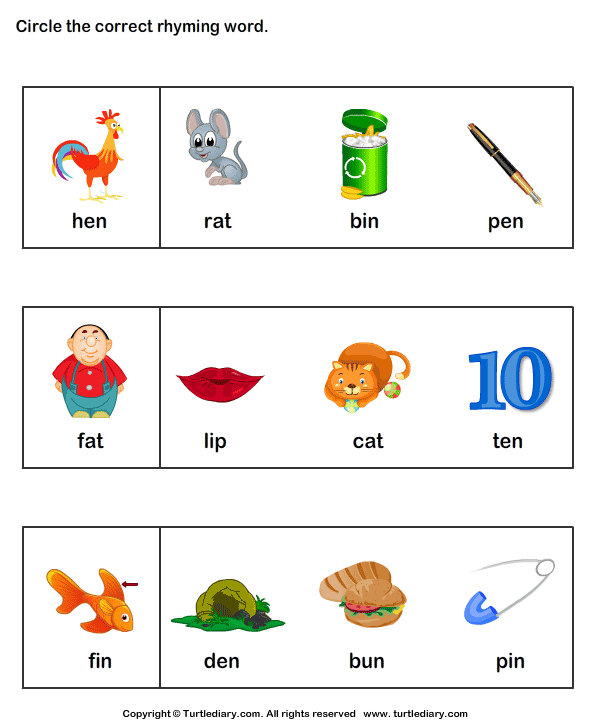 So girlish breasts did not caress me,
So girlish breasts did not caress me,
like this wave:
She ran, playing, ringing,
Blazing with drunken nakedness.
By the way, “nudity”, “naked”, “naked” are also favorite words of poets. They have a naked branch, and a naked birch, and a naked sky, and a naked moon, and a naked or naked body:
And awakening, and fame, and thirst
Tight body blossomed…
I would like to pay attention to the epithet “tight” in passing. The poet will never simply say “body” to you, but will definitely add to it the word “tight”, “elastic”, “hot”, “greedy”, “burning”, “quivering” or something else. All these are also very beautiful words, which, however, cannot be said about the word "muzzle", especially in the case when the poet means the most ordinary human face by muzzle:
Hot on muzzles and halberds
The red sun played… The meaning of these words is somewhat obscure, almost no one knows their meaning, but they are used exclusively for poetry.
Still, one should not think that poets use words only for beauty. Some of the words sometimes carry a semantic load. There are words that give philosophical meaning to poetry: fortune, formula, root cause, system, truth, hyperbole, triumph, phosphorescence, and theorem. Other words give the verses a cosmic character: cosmos, chaos, universe, planet, universe, humus of time, star scattering, rotation of the earth. Finally, there are also words whose purpose is to give verses a folk tone: useful, indulge, no rescue, late in the morning, wilderness, wretchedness, and others. In addition to favorite words, poets also have their favorite colors: scarlet, azure, purple, turquoise, crimson, red and crimson, which can be used in any declensions and conjugations:
It wasn’t the ribs of the mountains that flooded,
It wasn’t the crimson fog that turned red,
It was the tops of turquoise lindens, 9000 Forest8
Very often the poet is well aware of everything that we have stated here, but the poet does not know how to begin poetry. It sometimes seems to the poet that if he had at least one first line, then the verses would flow by themselves.
It sometimes seems to the poet that if he had at least one first line, then the verses would flow by themselves.
In order to get that most elusive first line, you can do different things. There is a way in which the poet takes the first line of some famous poem, for example, "I go out alone on the road," and begins to quietly mutter: "I go out alone on the road, I go out alone on the road, I go out alone on the road ..." How as if by accident, but in fact in a fit of unconscious creative inspiration, the poet replaces the word “one” with some other word, well, at least the word “calmly”, and, as if nothing had happened, mutters further: “I go out calmly on the road, I go out calmly on the road ... ”Feeling that the found word has taken root in the line, he continues to bombard this stable poetic phrase with words, like a physicist who bombards an atomic nucleus with neutrons. Finally, he succeeds in knocking out the words "to the road" from the phrase and replacing them with the words "out of the gate.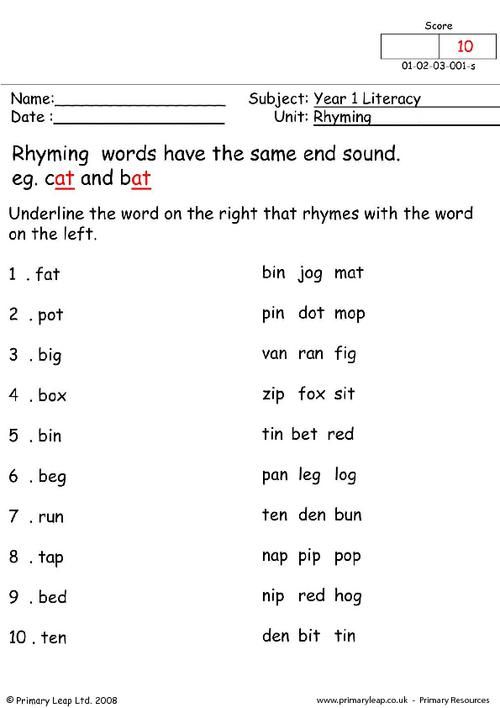 " As a result, the phrase does not lose its poetic stability, but it already sounds completely independent. Thus, the desired first line of the poem crystallizes: “I go out calmly out of the gate.”
" As a result, the phrase does not lose its poetic stability, but it already sounds completely independent. Thus, the desired first line of the poem crystallizes: “I go out calmly out of the gate.”
The rest turns out by itself:
I calmly go out of the gate
and, having come with my comrades at the workshop,
I start working
without any special interference.
. I", 2) "I have never been on the Dnieper", 3) "I have never been on the Volga for ever." Any of these three "combinations" can serve as the basis for the creation of a new poetic work, completely different from its prototype.
It is customary to call poems made according to the above method imitative, but there is nothing shameful in this name, since none of the poets has ever been reproached for imitativeness.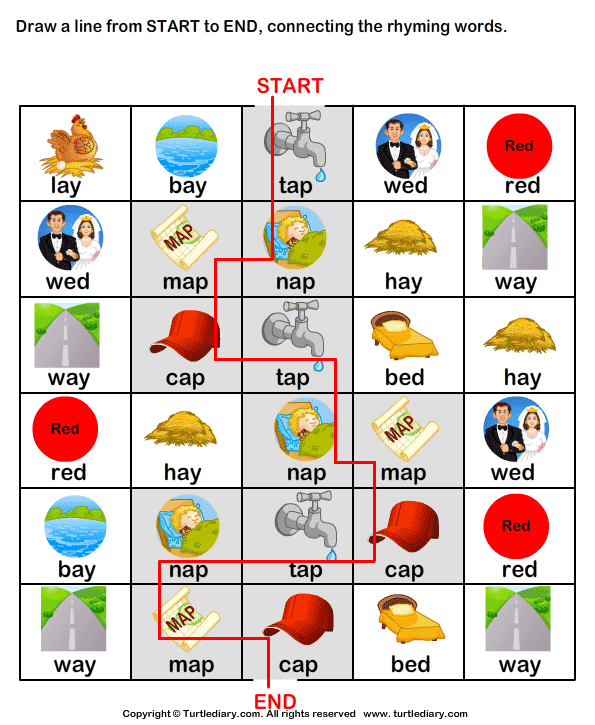 On the contrary, they say: “Imitative verses? And what's wrong with that? Who hasn't written imitative poetry? Even talented poets began with imitation, and since the author imitates, it means that he is still young, if not in body, then in soul, which means he is a beginner, which means he is talented. How can one object to any undertakings, to youth and talent! It’s another matter if the author took and completely rewrote someone’s poem, let’s say, Pushkin’s, and, signing it with his last name, pressed it into print, then, of course, yes, but so what!
On the contrary, they say: “Imitative verses? And what's wrong with that? Who hasn't written imitative poetry? Even talented poets began with imitation, and since the author imitates, it means that he is still young, if not in body, then in soul, which means he is a beginner, which means he is talented. How can one object to any undertakings, to youth and talent! It’s another matter if the author took and completely rewrote someone’s poem, let’s say, Pushkin’s, and, signing it with his last name, pressed it into print, then, of course, yes, but so what!
Sometimes it is enough for a poet to come up with only the first word, and immediately after this word, without any creative efforts, the entire first line is lined up. The only trouble is that some authors cannot in any way come up with this first word, meanwhile there is nothing to think about, but you just need to start the poem with the well-known word “oh”. Try to mentally pronounce "oh", and you will see that immediately, as if against your will, other words that you lack will be adjusted to it:
Oh, my distant path!
Oh, bird cherry blossomed white!
Oh, I can't forget you!
Oh, my old legs are humming!
Oh, I remember a wonderful moment!
No matter how much you repeat “oh”, each time you will get phrases, and, mind you, everyone is different.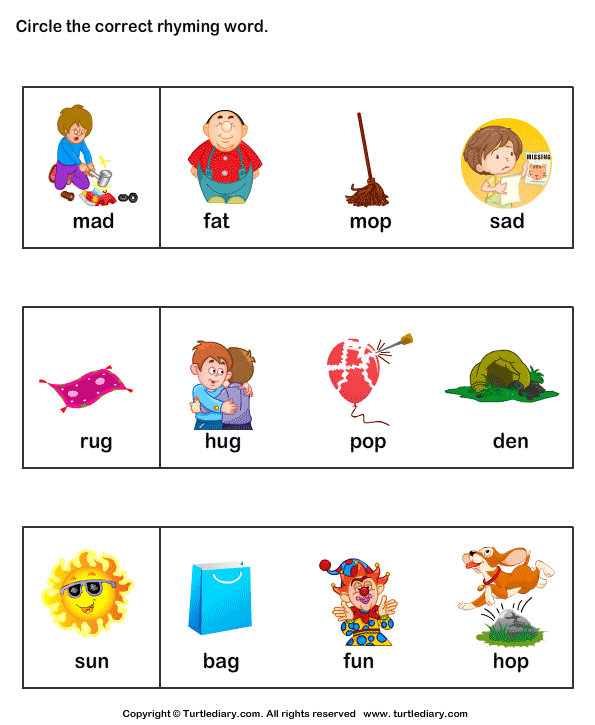 After you have enough poems with "oh", you can start them with "oh", then with "ah", with "eh", with "hey", with "wow", etc. Each of these interjections gives a special the character of the poem: "oh" - melodious, lyrical, "ah" - sad, elegiac, "eh" - epic, folk epic, "oh" - tragic, "hey" - invocative, historical.
After you have enough poems with "oh", you can start them with "oh", then with "ah", with "eh", with "hey", with "wow", etc. Each of these interjections gives a special the character of the poem: "oh" - melodious, lyrical, "ah" - sad, elegiac, "eh" - epic, folk epic, "oh" - tragic, "hey" - invocative, historical.
Other poets, on the contrary, very easily create the first line of a poem, and then, as they say, no wow, no well. Such a poet will write a line like: “My uncle has the most honest rules”, and “When he fell seriously ill” he does not succeed at all. This is due to the fact that this poet has not yet mastered speech enough. Meanwhile, there is nothing particularly complicated here. What is this notorious speech? And this is nothing but the most ordinary words that we use every day in conversation.
There are a lot of words, and if you take all the speech richness at once, without a strict scientific classification, then there is a feeling of confusion, in which you don’t know which word to grab onto.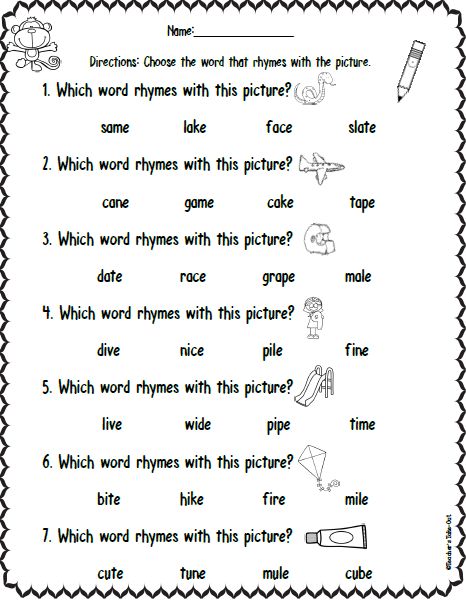 Science has established that all words are divided into nouns, adjectives, numerals, verbs, pronouns, etc. If you select homogeneous words, then it will be much easier to deal with them. Using, for example, only nouns with a small addition of prepositions, it is very easy to create a quite decent poem:
Science has established that all words are divided into nouns, adjectives, numerals, verbs, pronouns, etc. If you select homogeneous words, then it will be much easier to deal with them. Using, for example, only nouns with a small addition of prepositions, it is very easy to create a quite decent poem:
Stack. Barn. Osokor. Silence…
Shine of the river under the mountain. Refrigeration!
Kupyri near the ravine. The moon is in the sky.
The shadow of the wattle fence in the native ashes.
One adjective crept into the last line, but this does not spoil the poem at all.
Having mastered nouns, you can gradually introduce them into poems and other parts of speech. Having compiled a list of short phrases, each of which consists only of a noun and a verb, you can, by arranging these phrases in a certain order, get quite sonorous and effective verses:
October was breathing.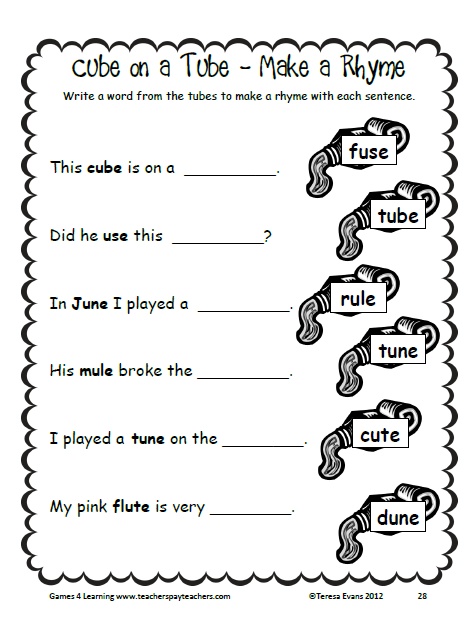 The weather was bad.
The weather was bad.
Noisy reeds. The grass whispered.
The screech of the speck. Years passed.
The trees were bending. Leaves fell.
Thus, little by little, attaching verbs, pronouns, conjunctions, interjections and other parts of speech to nouns, one can achieve that the poems will gradually acquire meat and will have a completely finished professional look. It should be noted that nouns convey the essence of the subject and therefore are the basis for creating poetic pictures, adjectives give these pictures originality, verbs give effectiveness, dynamism, interjections - emotional coloring, pronouns - lyricism: "I", "she", "you", "me".
Finally, the last, very important question is rhymes. There are many poets who have the conscience to insert into their poems rhymes like the following:
elbows - blocks,
orders - supplies,
roofs - closer,
ears - puddles.
Similar rhymes, as it is known since the last century according to the works of Kozma Prutkov, are “rhymes that are useless and harmful to the ear.” One of our acquaintances (he is a musician and plays the violin in an orchestra) said that if he comes across such a malicious rhyme in a poem, he cannot read further until he corrects the rhyme for a more harmonious one. It's like an illness for him. He stops in the middle of the poem, as if rooted to the spot, and repeats lines with an unsuitable rhyme until, instead of "elbows - blocks", "orders - stocks", he gets "elbows-blocks", "orders-reserves". Only after such an alteration can he read further. In this case, the meaning of the poem is, of course, lost, since such words as “blocks”, “reserves”, “brishes”, “loushes” appear in it, which it is not known what they mean.
Another acquaintance of ours, a somewhat irritable person by nature, compared reading such verses to driving fast on uneven roads, and in this case he likened rhymes to potholes.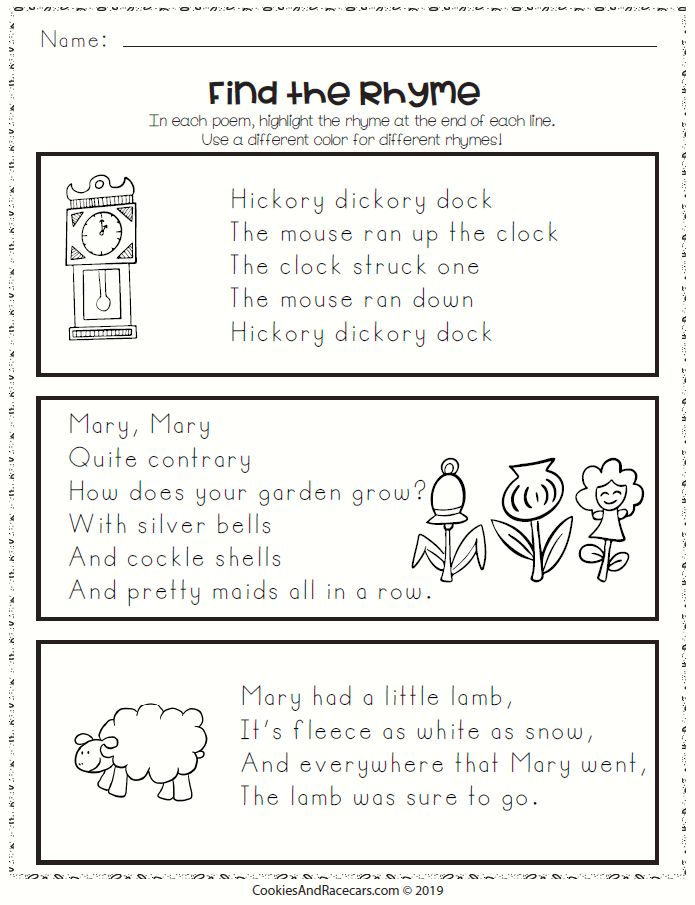 In another poem, he claims to be shaking quite a lot, and he cannot help feeling that he is about to fall out of the car. It must be confessed that such "tight" rhymes, although very scratchy in the ears of some overly musically gifted readers, are still not encountered so often as to make it necessary to shout guard. More common are rhymes of a different sort. For example:
In another poem, he claims to be shaking quite a lot, and he cannot help feeling that he is about to fall out of the car. It must be confessed that such "tight" rhymes, although very scratchy in the ears of some overly musically gifted readers, are still not encountered so often as to make it necessary to shout guard. More common are rhymes of a different sort. For example:
table - floor;
stands - sits;
Such rhymes do not act harmfully on the ear, but the joys from them are like from a goat's milk. Unlike the previous ones, such rhymes are usually called dull, since they bring discouragement both to readers and to the poets themselves.
It is fair to say that in the poetic volumes we studied, in addition to the above, there are also quite sonorous and original rhymes. So, one poet unexpectedly originally rhymed the words "sea" and "talker". Another also managed to create a combination of two words that surprises with its unexpectedness: “egg - tree”.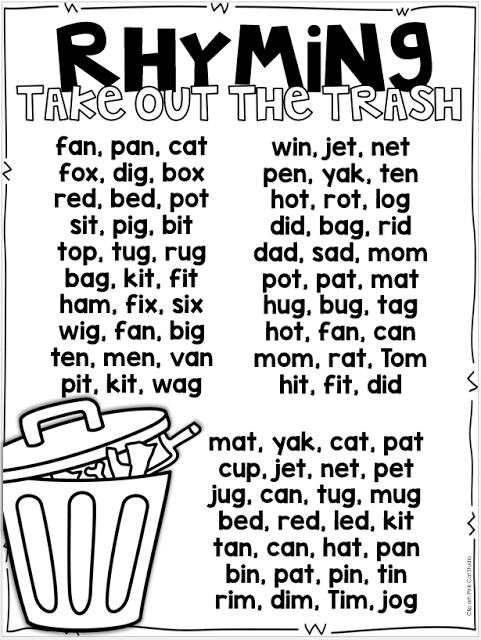 Thus, the picture here is not as bleak as it might seem at first. Still, radioactive substances sometimes come across among the verbal ore.
Thus, the picture here is not as bleak as it might seem at first. Still, radioactive substances sometimes come across among the verbal ore.
Of course, we are aware of the inferiority and one-sidedness of our work, since we did not draw our scientific conclusions on the basis of all our poetic wealth, but only poems with a solid experience of lying on store shelves that have withstood, so to speak, the test of time.
We are comforted, however, by the realization that each work may have its shortcomings. We hope that criticism will not fail to point them out to us in a timely manner. We, for our part, are not going to rest on our laurels, but will visit bookstores more often in order to buy poetic novelties that appear in time. Having accumulated sufficient material, we will conduct a study to find out what, finally, is the difference between that poetry that sells out quickly and that which tends to stay in stores. Actually, we have big plans.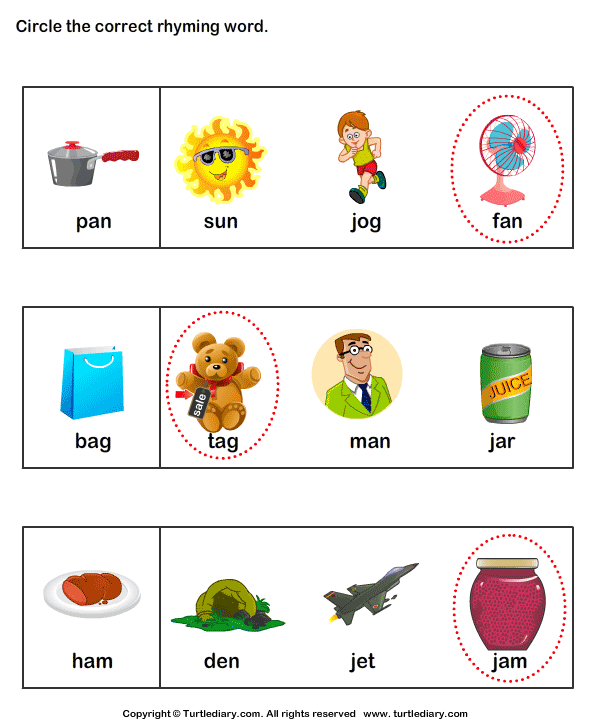
By the way, we would very much like to analyze such a phenomenon: why, for example, Mayakovsky remarkably rhymes words, the endings of which are not at all similar: “discovering - a weapon”, “would be toothless in a tear”, “burning out - books” [ 4] and thousands of others, while another unlucky poet does not even rhyme words with exactly the same endings, for example: “thinks” and “limps”? What is the dog buried in here?
But let's not get ahead of ourselves, as they say.
1955, 1969
Notes
[1] ... it may seem that talking about poetry is an unnecessary thing ... Before starting to talk about poetry, it would be necessary to define what poetry itself is. Poetry is poetry, that is, when we write or speak in rhyme. However, this condition is not obligatory, since there are verses without rhyme, the so-called white verses. It would be more correct to say that poetry is when we write or speak in a certain meter or rhythm. But this definition is not entirely correct, since the speech of a prose writer also obeys some kind of rhythm of his own. Thus, it is very difficult to define what poetry is. Besides, not all poetry is poetry. Even in the days of V. I. Dahl, this was known, as indicated by the saying he recorded: “The poet is not a poet, he sprinkles and sniffs tobacco.”
Poetry is when words are pronounced as if by themselves, as if born inside us.
Poetry is like a melody in music, listening to one of the alternating sounds of which, you already guess what the next sound should be, as a result of which you seem to create this music yourself or compose poetry.
Poetry is when words are ahead of thoughts, and thoughts are ahead of words, and in general something incongruous is happening, but at the same time deeply close, necessary and understandable to everyone.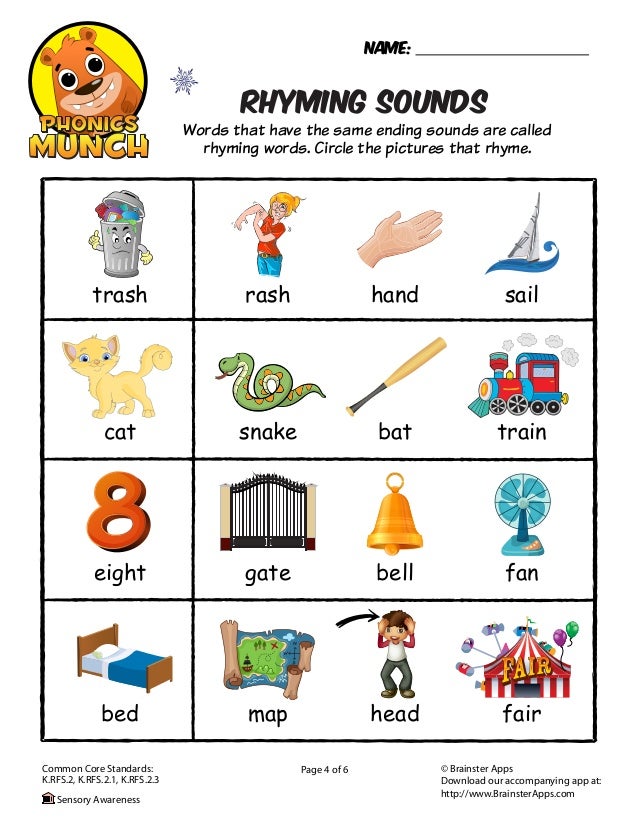
Poetry is what one wants to repeat, marveling at the depth of thoughts and the strength of feelings expressed in ordinary, simple human words.
Poetry is... No, it's hard to define what poetry is. It is much easier to define what is not poetry. Although no! It's also damn hard. And why should we? Let the poets decide for themselves what poetry is. Let literary critics help them with this. And we'll see what happens.
[2] ... the poet is just looking for some way to cling to these objects to get poems. Now there is a new direction in poetry. The poet no longer goes out and looks around, but sits at home and reads an encyclopedia or a popular science magazine. He comes across a note about cholesterol, he immediately writes:
From the note I learned one secret:
Cholesterol dissolves in the blood.
Well, if it dissolves,
So you can eat eggs.
This trend in poetry is called intellectualism, and this kind of poetry is called cholesterol.
[3] …ears are puddles. And now things are no better. They rhyme: “nature is work”, “cramped is light” ... And indeed, there is nothing to be ashamed of. After all, rhymes somehow fetter, and now the most important thing for us is to walk uninhibited. The main thing is not to think, not to strain your brains.
What is rhyme? Rhyme is consonance, thanks to which one word evokes another in memory (we seem to return to the first rhymed word once again). As a result of phonetic similarity, words draw our attention to themselves, and we more fully, more deeply comprehend their meaning. The more talented (more sonorous, richer, more unexpected) the rhyme, the stronger the word evokes another in memory, the stronger the content of the words (thought) is expressed. And vice versa, the weaker, poorer, more worn out the rhyme (the less talented it is), the worse the word evokes another in memory, the sooner the meaning eludes us.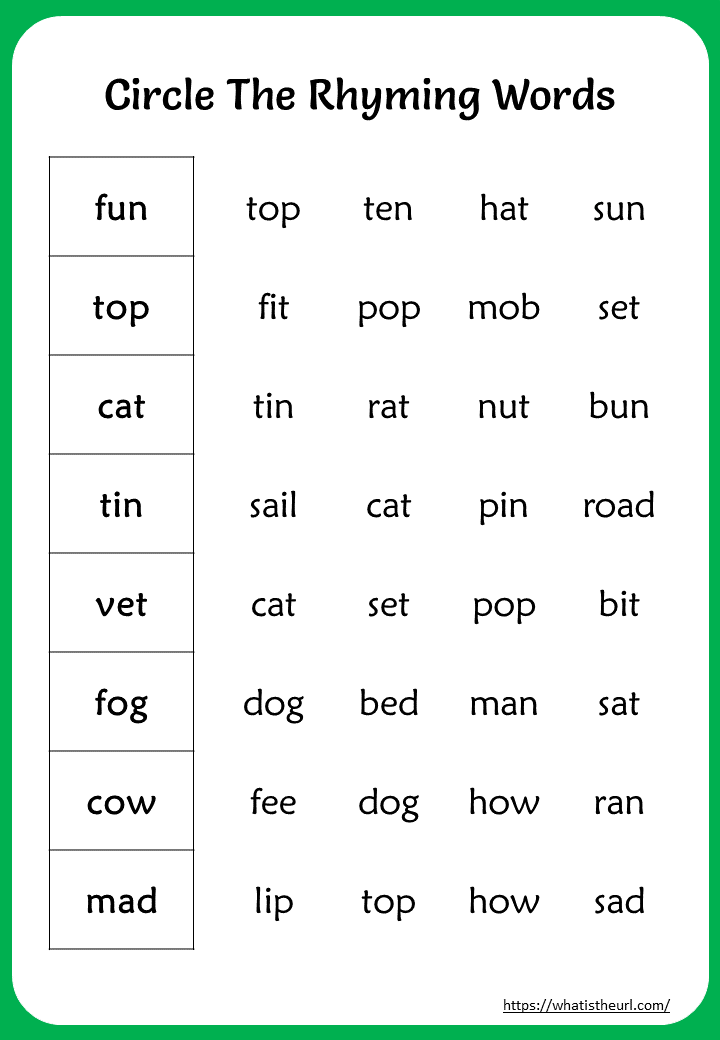 Words seem to fly past the ears without getting stuck in the mind, or immediately fly out of the head.
Words seem to fly past the ears without getting stuck in the mind, or immediately fly out of the head.
The sonority of a rhyme is determined not by the presence of only one stressed vowel, but together with it and the presence of a post-stressed consonant in rhyming words. The rhyme is richer if the pre-stressed consonants are consonant. For example: "nature - the people" - a sonorous and rich rhyme (now we are not talking about originality). The rhyme "nature - freedom" is already poorer, although still sonorous. The rhyme "nature - the gate" is no longer sonorous and extremely weak. But “nature is work” is already quite “There is an elderberry in the garden, and an uncle in Kyiv.” Such a rhyme is called rhyme only because it stands in the place of rhyme in poetry, but in fact it is not rhyme at all. A poet who uses such pseudo-rhymes has an easy life in the world. Everything is available to his mind. He can write poetry no longer in kilometers, but in megaparsecs, penetrating with extraordinary ease in his thoughts into the remotest galaxies of the Poetic Universe. Happy, as they say, way! No fluff to him, no feather!
Happy, as they say, way! No fluff to him, no feather!
[4] ...I wanted to analyze such a phenomenon: why, for example, Mayakovsky remarkably rhymes words, the endings of which are not at all similar: “discovering - a weapon”, “would be toothless in a tear”, “burning out - books”. For such an analysis, many pounds could be used up. This is beyond our power. Let's say briefly. Even the most unexpected rhymes in Mayakovsky are sonorous, almost always full, almost always rich, often not just rich, but generous, polyphonic, polyphonic. In the above rhymes, not only stressed vowels coincide, but also the previous and subsequent consonants “rouge-rouge”, “tooth-tooth”, “zhik-zhik” (pronounced “vyzhik-book-zhik”). In the rhyme: “discovering a weapon”, an unstressed vowel is added to the rhyme stem: “arugh-arugh” (pronounced “army”). In the same way, in the words "burn-books" rhyme "yzhik-izhik". In the rhyme "in a tear - toothless" some role is played by the sound "l" present in both cases.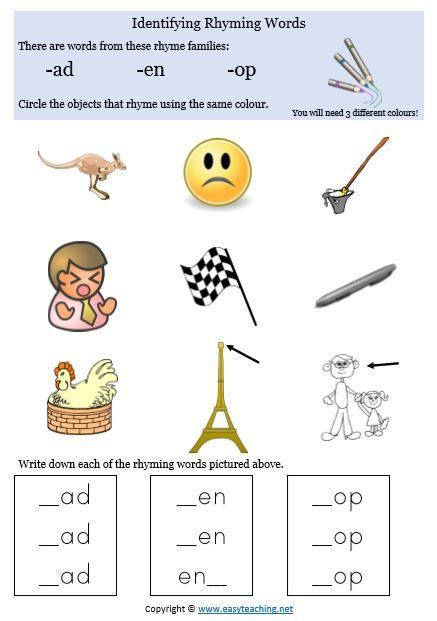 Or here is an unexpected rhyme from the poem "Harvest Festival": "nothing near - and beets." The base of the rhyme is "ok-ok" (pronounced "svyokla"), but it is enriched with a subsequent "l" and a preceding "i".
Or here is an unexpected rhyme from the poem "Harvest Festival": "nothing near - and beets." The base of the rhyme is "ok-ok" (pronounced "svyokla"), but it is enriched with a subsequent "l" and a preceding "i".
All this, of course, does not fall from the ceiling. Here it is necessary to work, to search, to wash the gold-bearing sand. True, it happens with Mayakovsky that the post-stress consonant does not match: “at night - began,” but somehow it sounds here, as if contrary to common sense. Some unlucky poet will let in something like that in his poems, but for some reason it doesn’t sound like spite (people, as they say, even shave a chisel, but we don’t even take a razor). Of course, even here one can find out why it sounds in one case and not in the other, but this, as they say, is the subject of a special study.
Time. 2005. - 3rd ed.
%PDF-1.6 % 10 obj > endobj 6 0 obj /Title /Author /Subject (ISBN 5-94117-064-5) >> endobj 20 obj > stream
